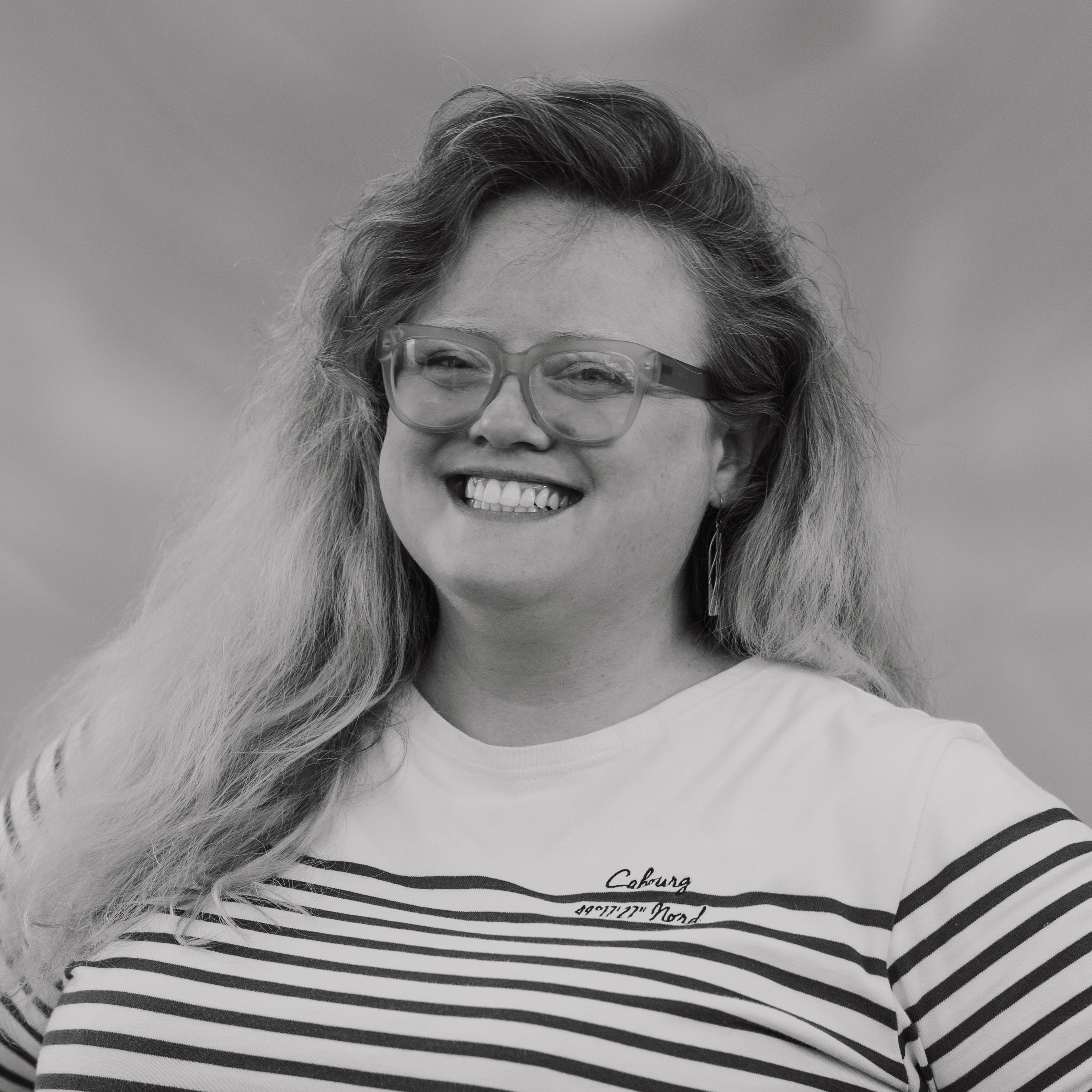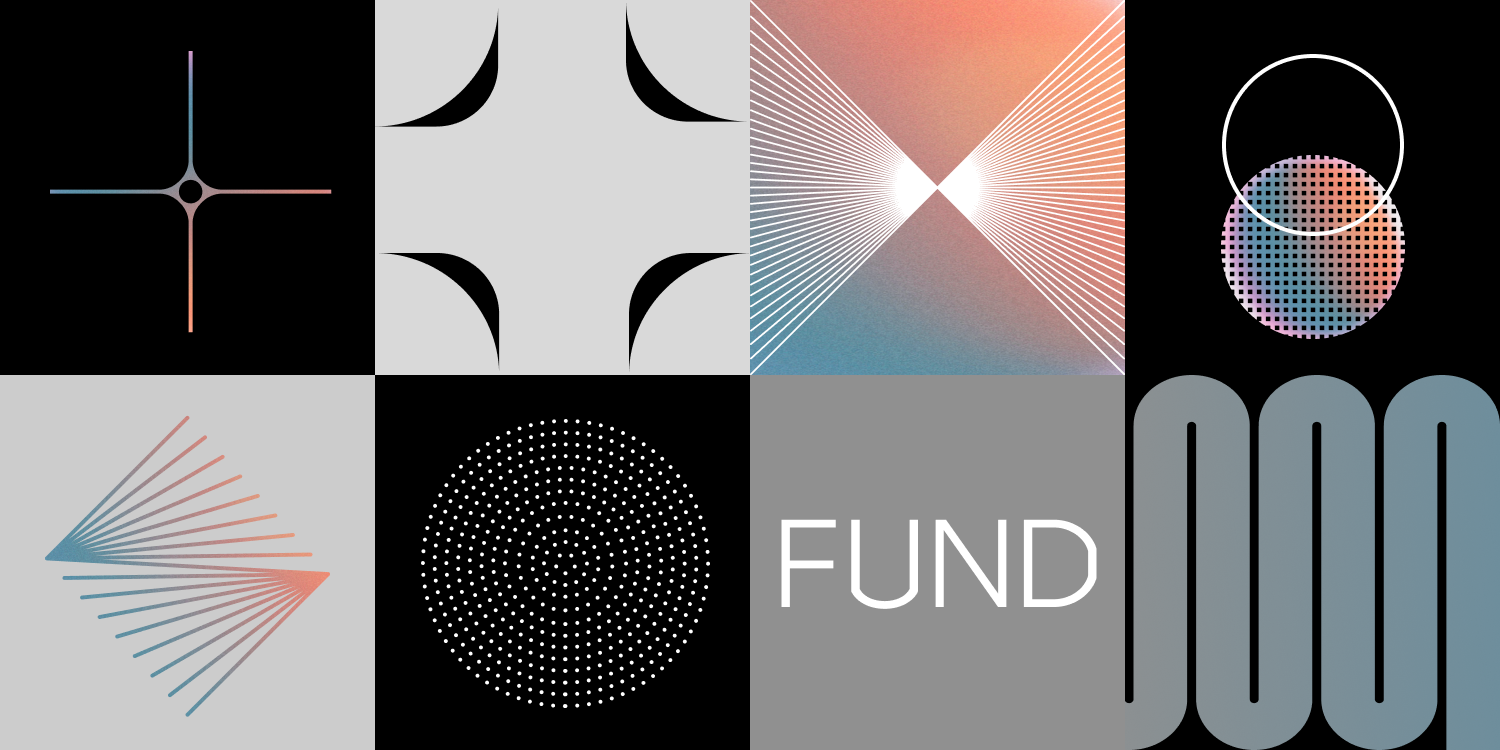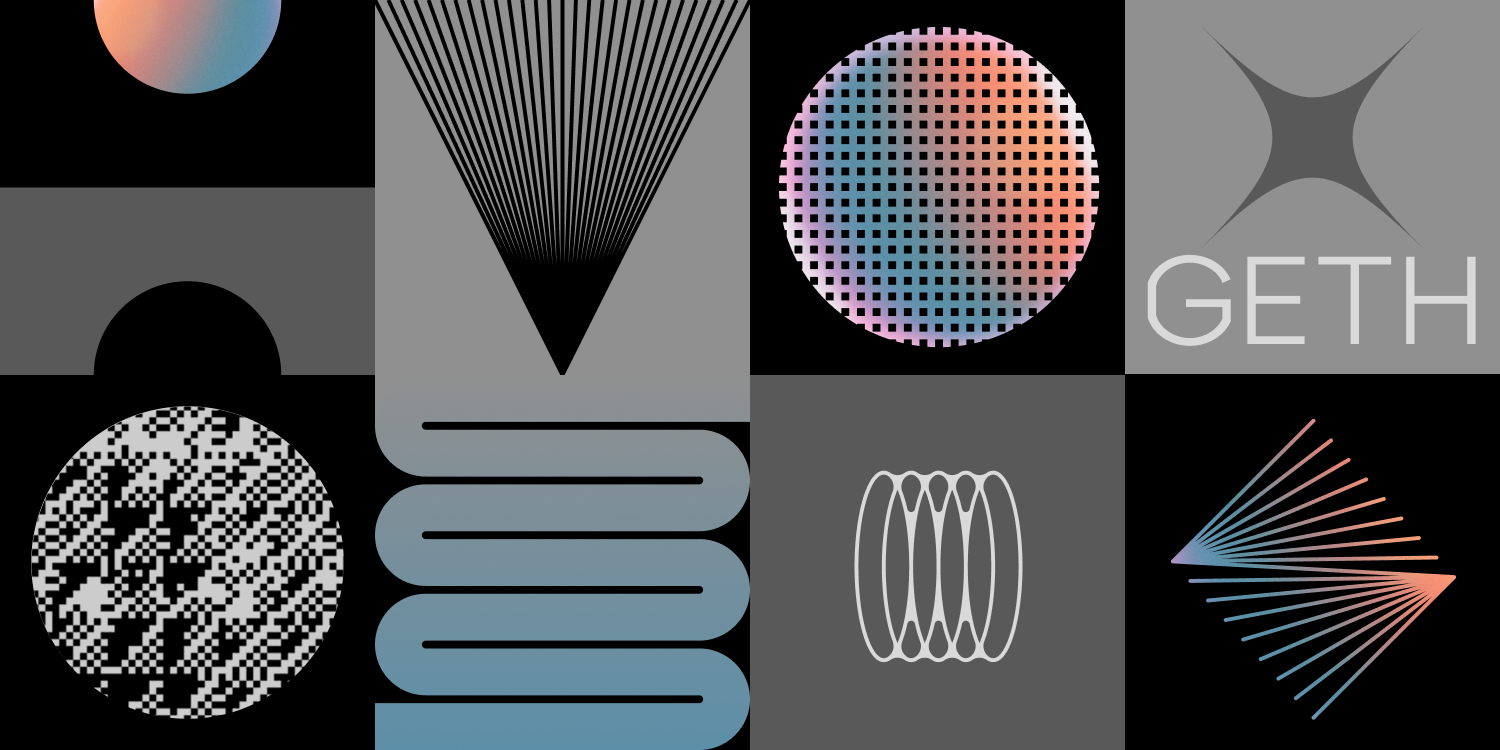Bringing Bitcoin to Uganda with Collin Rukundo

Collin Rukundo is a Bitcoin/Lightning Developer and one of Superlunar’s 2022 grant recipients.
Collin was born and raised in Kampala, Uganda and at nearly thirty years old, has only lived under one president. The singular president of his lifetime has taken extreme measures to remain in office so Collin has spent his career as a technologist to incite change.
At ten, Collin’s mother brought home what would become a prized possession for him and his brother: a huge computer. At first, they just played music and games but quickly took their curiosities to the next level. Together they opened up the back unit and by following the cables and identifying the plugs, began to understand its inner workings.
Collin went to an all-boys high school and spent most of his time in the computer lab. Growing up in Uganda, it wasn’t common to have internet at home so even access to 2G dial-up was exciting. He’d often skip classes, head to the lab, and watch YouTube videos to teach himself basic web development.
“When you read a novel, you are transported. You can see the green leaves, the blue sky, even feel the wind blowing. That was the internet for me - an escape to another world.” - Collin Rukundo
Around fourteen, Collin went from helping in the lab to managing and running the computer classes at his school. He taught fellow students elements of building small HTML websites. To prepare for the Architecture course at University, Collin majored in Math and Technical Drawing. In Uganda, students apply to government institutions and are placed in a course depending on their results. Collin was accepted into an intense Actuarial Science course. He’d wake up early for lectures and stay up late to build websites on his small, handheld laptop. He’d utilize the university wifi, agonizing for hours over PHP lines of code.
One day in his first year, his roommate knocked his computer to the ground when climbing down from the top bunk, wiping away months of work. With no backups, Collin lost everything on the laptop and was forced to focus on school. However, at that time he’d become known as the guy that could help build a blog or website around campus. These side gigs became a way for him to make money and his attention was again pulled away from his classes. He bought a new laptop and came to terms with his lack of passion for school. Despite initial pushback from his mother, he decided to stop attending university.
Where Technology Meets Activism
He then started his company, Matchstick Studio, which inspired his role in activism. He started working with multiple civil society organizations that put a spotlight on corruption and lack of transparency within the Ugandan government. Through Matchstick, Collin started building tools that support the work of these organizations. Parliament Watch, for example, was a tool built to publicize the goings on in parliament, tracking the progress of bills through the August house as they made their way to a law.
In the lead-up to the 2016 Ugandan election, there was hope the long running president’s term would come to an end. Collin worked with the leading opposition party to build a special dashboard in order to protect their votes by aggregating data directly from the voting centers to counter the rigged system.
When the powers that be caught wind of the work being done, police stormed the party headquarters. Collin and his colleagues leaped under desks as tear gas was sprayed and shots were fired. He sat under his desk, his heart beating out of his chest, while all of their equipment and hard drives were confiscated. The group was crying, not only from unbridled fear, but from the realization corruption appeared to be inescapable. Coming out of that experience, self-preservation kicked in and Collin took a break from investing his energy into activism. It felt impossible to enact change when it seemed clear nothing would be different. He went back into more traditional freelance projects.
When the general elections were up again in 2020, the popular musician, Robert Kyagulanyi (aka Bobi Wine), announced his candidacy for president. Even though he was a non-traditional candidate, the frustration of voters with the existing status quo were on his side. Ugandans were tired of being let down and eager for change so things started to feel hopeful again as Bobi became the frontrunner - until the election grew closer.
Facebook accounts were pushing out propaganda outside the government’s control so they shut it all down, including Instagram. Then, the internet was shut down, followed by the phones. Without a VPN, the people of Uganda still do not have access to Facebook to this day.
Soldiers were in the streets to split up groups gathering or attempting to demonstrate. There was no way to send money to family or friends or even communicate. Police and chaos were rampant and lockdown went into overload for three days. Collin felt hopeless but also a resurgence of energy to not take this experience lying down.
Collin followed the work of the Human Rights Foundation, specifically that of its Chief Strategy Officer, Alex Gladstein. A vocal bitcoin advocate, Gladstein shared news of HRF’s Bitcoin Development Fund supporting Qala, a program that finds local African developer talent to help build their careers in the Bitcoin space. This led Collin to start exploring bitcoin companies and see the potential in what it could do not just for the people of Uganda, but for the entire world.
“Bitcoin could come in and help people like us.” - Collin Rukundo
To learn more about the technology, he applied to the Chaincode Labs seminar on Uganda’s 54th Independence Day. With encouragement from the Chaincode team, he also applied for Qala. After an extensive admissions process, he was accepted into the program.
Collin had never been a part of a program that diverse. At the start of it, he felt confused and intensely challenged. The learning styles included a disciplined regimen of self-management that was very foreign to him. Feelings Friday, a Qala weekly meeting, was a safe space for the fellows to speak openly about the frustrations of the learning process, lift any collective pressure, and help the fellows bond. Despite the challenges of remote work and discussion through Discord, Collin learned to love it. By week three, he’d moved past major pain points and things started to click. He realized he was actually having fun building. The rest of the program went by quickly and Collin was astounded at how much more he knows now compared to six months ago.
“The thing about bitcoin is, the more you learn, the more you want to keep learning.” - Collin Rukundo
Current Projects
Collin is building EttaWallet, an open source reference implementation of the daily spending wallet proposed by the Bitcoin Design Community. This implementation has a strong bias towards accessibility and UX, especially for people in Africa encountering Bitcoin for the first time. He hopes the tested components from this project will be used as building blocks for future on-chain and lightning wallets.
Collin acknowledges that not everyone has the technical abilities to run their own node so wallet developers have the extra burden of addressing self-custody without complicating it for non-technical users. He wants users to understand exactly what bitcoin is and how best to protect themselves. Securing sats intended for smaller transactions like a coffee or podcast tipping is necessary, but there’s much more at stake. As a Ugandan activist, custody becomes incredibly precious. Storing private keys in the cloud is convenient but isn’t always safe so Collin wants to keep in mind the unique needs for those types of users.
Outside of solving technical problems and building solutions for the mobile app bitcoin user, Collin wants to work on projects that serve people without the internet. He hopes to support efforts harnessing USSD and SMS to send or receive Bitcoin like Machankura, while researching more ways to drive Bitcoin adoption and on-ramp in developing countries like his own.
The Future For Bitcoin
Collin’s Qala mentor, Adam Jonas, said at the beginning of the program, “Bitcoin is for all of us!” These words have resonated with Collin ever since and formed the bedrock for how he approaches his work.
He knows Bitcoin has the ability to impact lives on a global scale but realizes there’s a long road ahead to show people just how effective it can be as a tool for freedom in their daily lives. Most don’t know about Bitcoin beyond the speculative asset so part of the work will include just meeting people and teaching them how to use it.
“Whatever we end up building needs to be for a future where everyone around the world can appreciate and interact with this technology without feeling intimidated by it. It needs to be easier to use. I am glad I get to make a tiny contribution.” - Collin Rukundo



